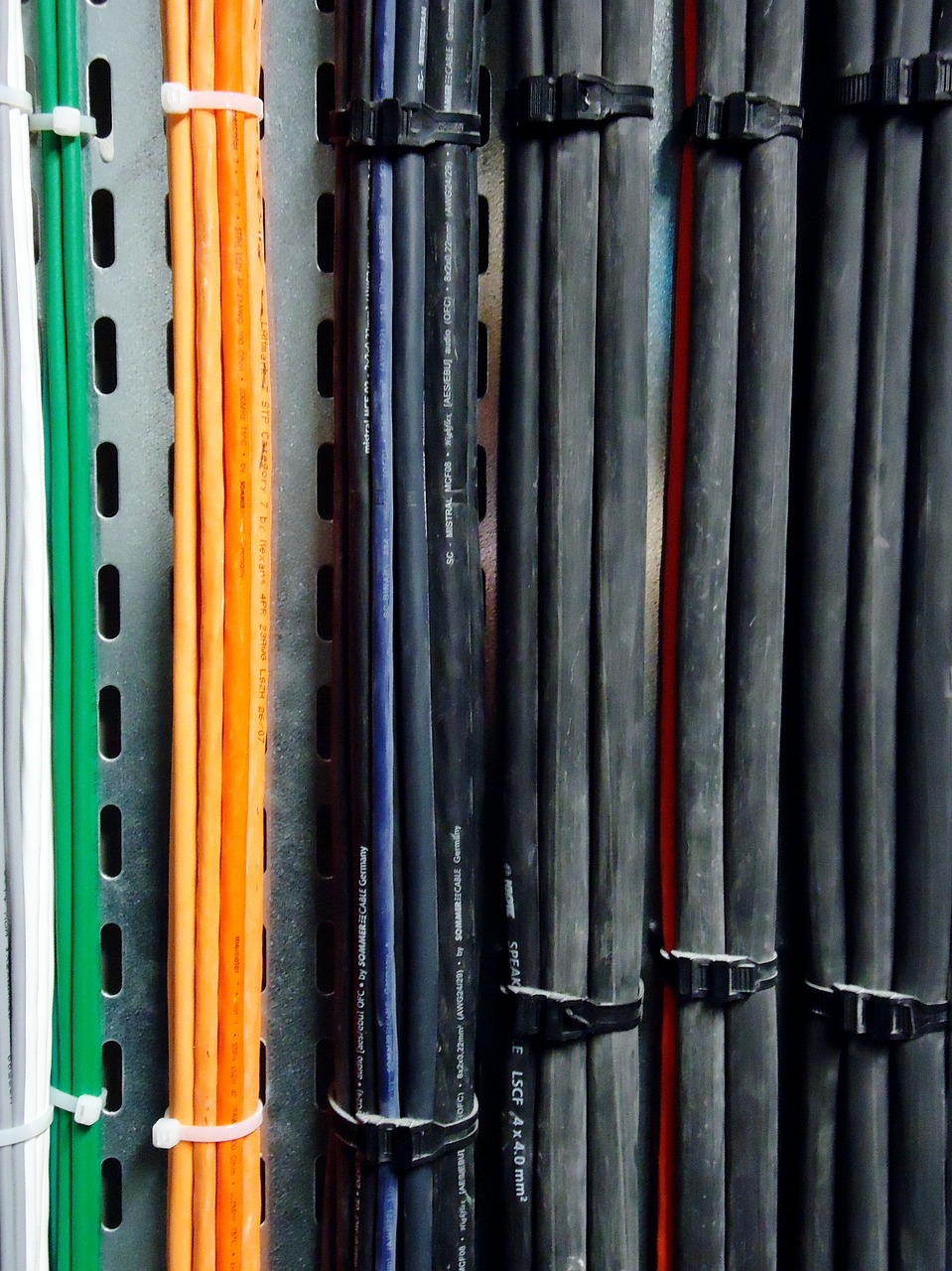There was a time when the only type of alarm system that you could buy was a wired system, often with complicated wiring, where each detector had to be wired back to the alarm panel and often involved 100's of metres of cable.
In the late 1980's, wireless systems started to hit the shelves of DIY outlets however by todays standards reliability was poor and overall they performed poorly. As an example, one homeowner who lived near Gloucester Airport would report his alarm being activated everytime a plane came into land and radioed the airport.
The past 30 years has seen huge advancement in the integrity and efficacy of wireless system, with secure signalling, anti jamming and anti interference detection being introduced and now found in the better quality professional systems.
Today, both wired and wireless system types are reliable. More importantly though, is that a wired sysem must be fitted correctly to ensure that any tampering with the wires can be detected as the wire is often seen as the weak point and often targeted to overcome a detector.
Wired systems are normally used in large commercial or industrial installation or where you are in the planning phase of building a new house and you can ask your alarm engineer or architect to plan the security and protection infrastructures, and to install a wired security system.
On the other hand, a wireless security system provides an excellent solution if you wish to secure an existing house, as it does not require large scale drilling through walls, floors and ceilings.
From a cost perspective, wired and wireless systems are often similar is cost as the cost saving in labour of having a wireless system is often offset by the additional cost in buying high quality wireless sensors. A key issue when considering cost is when you come to expand your system. With a wired system adding sensors can be costly and the range of detectors available is more limited.
Adding a detector to a wireless system is much easier and takes only a few minutes to add into your existing system

Not all systems are created equally
For most people, the search for an alarm will begin at a local DIY store, like the ones you find on the out of town retail parks or a local electrical wholesaler.
These outlets normally sell wireless systems as they are more suitable for DIY installtion, however, they are not necessarily designed for high security.... we like to call it 'Convenient Security'...... relatively easy to install, but not all that secure.
When looking at a wired system, ask yourself:
- Is the system insurance rated? (see our Standards and Regulations article)
- Is the system 1 way or 2 way wireless?
- What support does the manufacturer offer in designing, installing and maintaining your alarm ?
- Does it include technology to detect anti-jamming, interference or tampering?
- Is the system 'Supervised' ?
- Is the alarm 'Smart' and if so what happens if the phone line to your house is cut ?
- Is the system easily expanded to include protection against fire or flooding ?
In Summary.....
Whilst a wireless DIY system may on the face of it appear to be a good solution (you can also read our DIY vs. Professional) many professionals would question the security and reliability of these alarms.
The Bulldog Secure Alarm combines all the features of a wireless grade professional alarm with the convenience of a DIY installation.
- High quality, feature rich system with smartphone access and control
- Save £100's compared to a professional installation
- Full support from Bulldog, not just at installation stage but in the future
- Self install in less than 30 minutes and no tools required
- Call upon 35 years of experience from one of the leading security manufacturers in the UK


